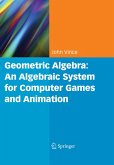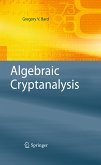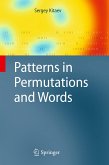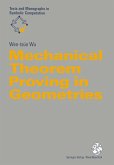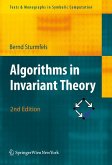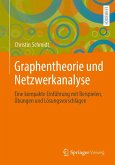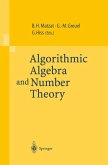A deterministic extractor is a function that extracts almost perfect random bits from a weak random source. In this research monograph the author constructs deterministic extractors for several types of sources. A basic theme in this work is a methodology of recycling randomness which enables increasing the output length of deterministic extractors to near optimal length. The author's main work examines deterministic extractors for bit-fixing sources, deterministic extractors for affine sources and polynomial sources over large fields, and increasing the output length of zero-error dispersers. This work will be of interest to researchers and graduate students in combinatorics and theoretical computer science.
Dieser Download kann aus rechtlichen Gründen nur mit Rechnungsadresse in A, B, BG, CY, CZ, D, DK, EW, E, FIN, F, GR, HR, H, IRL, I, LT, L, LR, M, NL, PL, P, R, S, SLO, SK ausgeliefert werden.
Hinweis: Dieser Artikel kann nur an eine deutsche Lieferadresse ausgeliefert werden.



